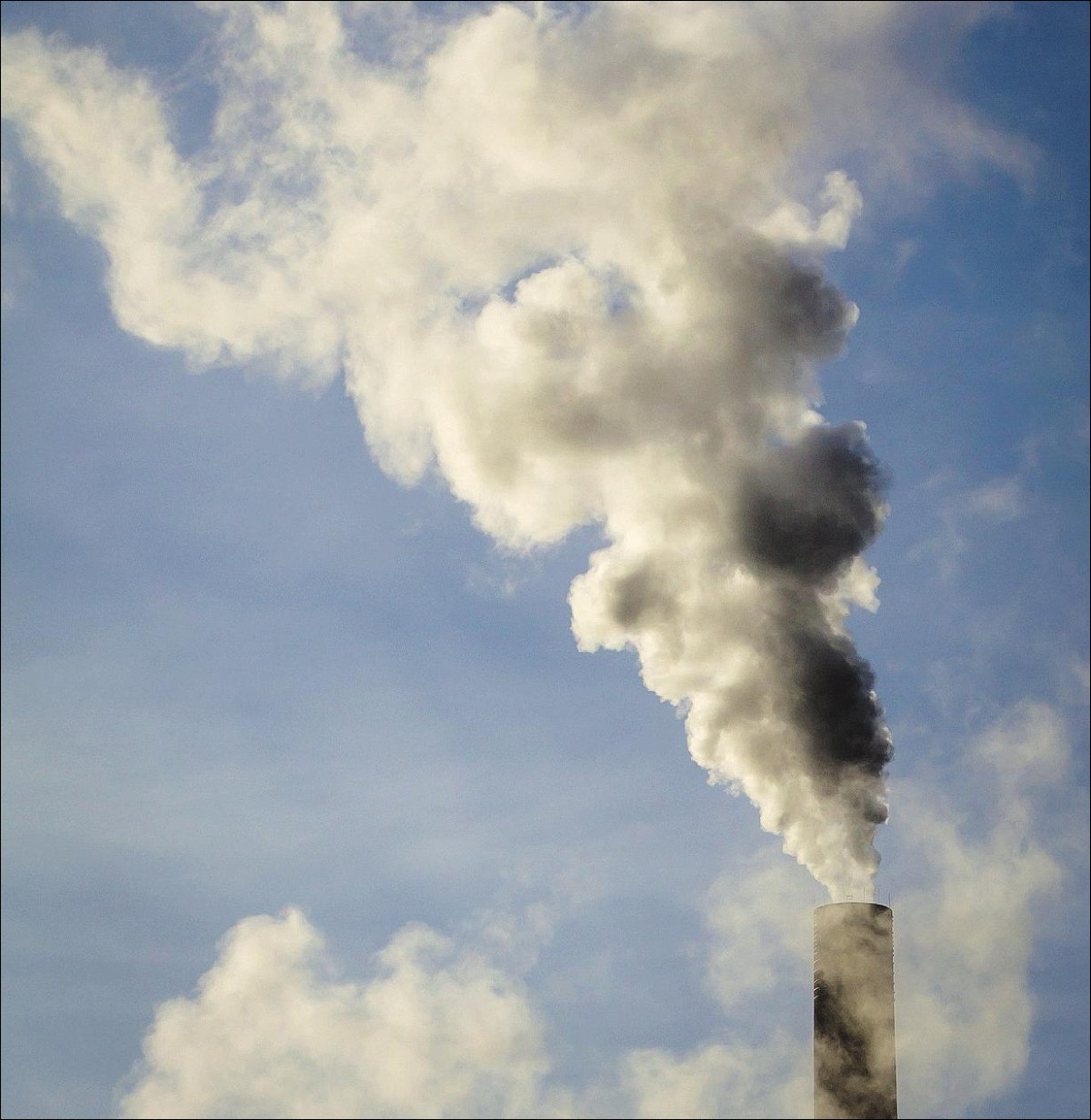EDMONTON — Jacking up Alberta's carbon tax is the best way to reduce the province's greenhouse gas emissions from power generation, says a government-funded analysis obtained by The Canadian Press.
Charging large emitters up to $50 a tonne for carbon emissions — an almost 70 per cent increase — would produce the best result, says the report by an international economic consultancy.
But that price would also raise electricity costs more than any other option considered, the Brattle Group concludes.
The study, which has not been released publicly, was delivered to the province's Energy Ministry and electrical regulator in July 2014, before the last provincial election. It is now before a panel charged with designing an overall climate-change policy for Alberta in advance of talks in Paris this December.
Coal-fired power generation is Alberta's second-largest source of greenhouse gases and the 64-page main report weighs nine different ways to reduce them. The options include various carbon prices, early shutdown of coal-powered plants, mandated emissions caps and regulated targets for renewable energy.
The best answer is to beef up Alberta's current system, the report suggests.
"Doing so builds on the existing regulatory framework, can be designed to be effective in reducing emissions, supports the development of renewables through offsets, and is already compatible with the existing wholesale electricity market."
By 2017, Alberta plans to require large emitters to reduce their emissions by 20 per cent per unit of production. Emissions over that level are to cost $30 a tonne.
The Brattle report says reduction targets should increase to 50 per cent. It says exceedances should cost at least $40 per tonne and $50 would be better.
The so-called 50-50 option, it says, would create a 15 per cent cumulative reduction in emissions by 2034 — more than any other option other than early retirement of coal-fired plants.
The report suggests it would also be the most effective at increasing renewable generation by about a third.
The 50-50 option would also cost consumers the most. Including the price of new transmission lines, power costs would go up by 14 per cent.
Forcing coal plants to retire early would cut more carbon and cost consumers less, the report says. But that option brings other costs.
"Our results do not include any added costs such as decommissioning costs. Nor do they include any costs associated with the loss of future revenue streams for coal unit owners."
Power companies provided with a copy of the report declined to comment on its conclusions.
So did the Canadian Association of Petroleum Producers, whose members would also be affected by an increase in carbon pricing. Spokesman Markus Ermisch said that the recent announcement to double carbon costs to $30, together with tax changes brought in by the province's New Democrat government, could add nearly $800 million to industry costs over the next two years.
Ben Thibault of the clean energy think-tank Pembina Institute said the report downplays the benefits of legislation requiring a set amount of renewable energy. Most of those would appear after the report's cutoff date of 2034, he said.
"They don't have a long enough time frame."
Thibault added the report should have considered a more flexible approach to retiring coal-fired plants early. It's also too concerned with being compatible with Alberta's current carbon-pricing system, he said.
"Does it make sense to double down with the previous government's policy just because it's the one you've already got?"
The Brattle report is one of hundreds of submissions the province's climate-change panel will consider.
It is expected to deliver its conclusions in November.
Bob Weber, The Canadian Press



Comments